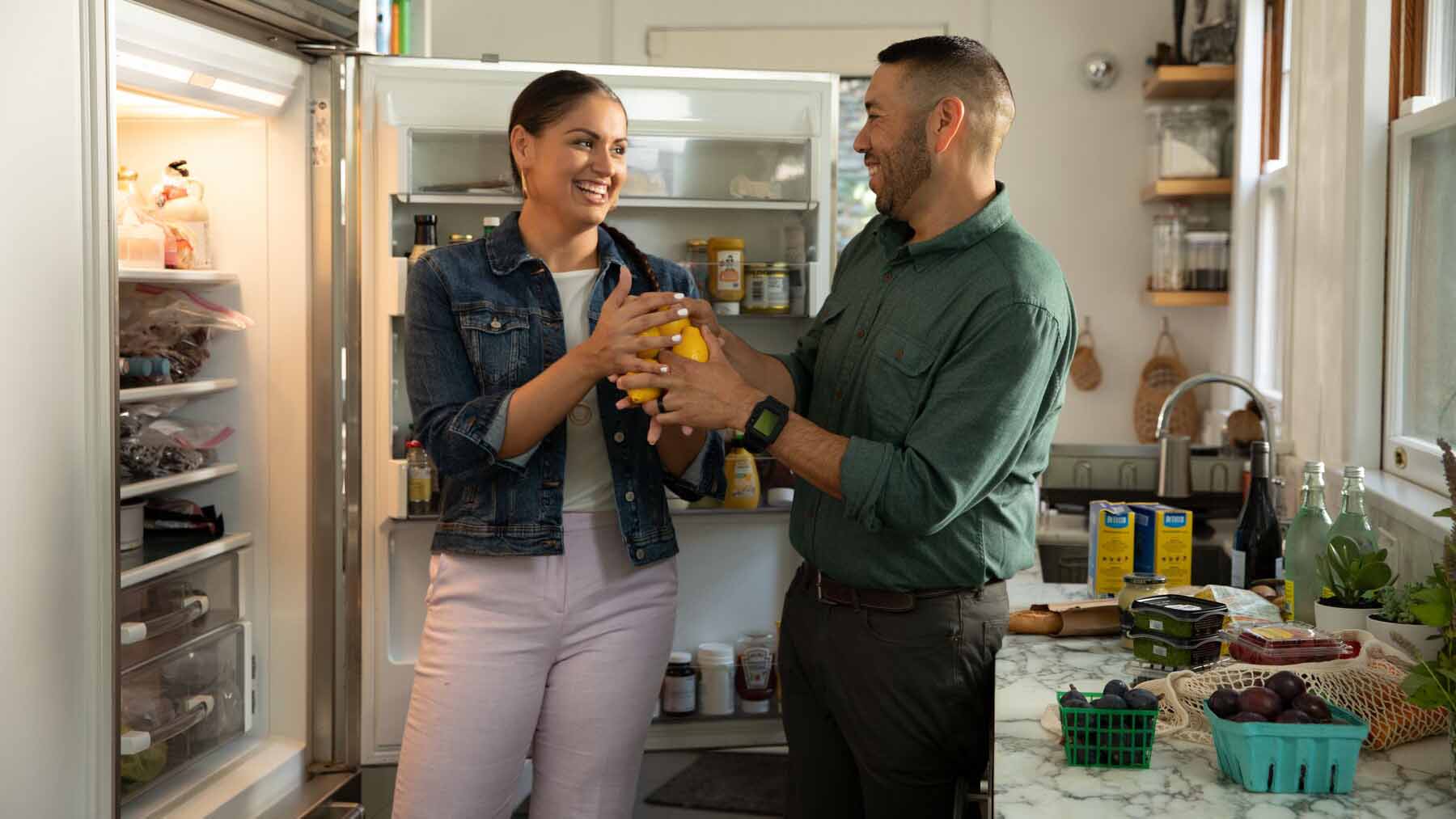Keep your support system working for you


It’s widely understood that social support can help us achieve our weight-loss goals, and who better to provide that support than our partners, families, and friends?
They can be a source of encouragement, workout buddies, and a sounding board when things get tough. But sometimes, our support systems can inadvertently sabotage our goals.
Maybe your friends push for fast food when you would rather go to a healthier restaurant or decide to watch a movie when you had agreed to play mini-golf together. Maybe your partner brings home takeout when you were planning to cook a healthy meal yourself. Maybe it’s an offhand comment that hurts your confidence. Whatever it might be, it’s often a small thing that they don’t even realize is affecting you. So how do we address stuff like this in a nice way and get our loved ones to go from sabotage (inadvertent as it may be) to support?
“Creating a system of support, accountability and encouragement are key to success when making healthy changes in your life,” says Lori Ann King, healthy lifestyle coach and sports nutritionist.
She shares her steps to put your partner (or other family members or friends) in a position to support you in achieving your health and fitness goals.
Define your reason why
“The first step to making any healthy lifestyle stick is to know why you are making changes toward better health,” says King. “This will help you stay focused. Perhaps you:
- want to feel good in your body.
- have someone (partner, parent, child, four-legged friend) counting on you or depending on you.
- had a health scare and you’re partnering with your medical support team to avoid medication, surgery, etc.
- want to look and feel your best for your wedding, reunion, vacation or another upcoming event.
- haven’t been feeling well so you are eliminating sugar/dairy/wheat/caffeine to see if it makes a difference.
“Knowing why you want to make a healthy change will keep you focused and motivated toward your goals.”
Tell your partner your reason why
Once you have figured out your reason why, it’s helpful to share that with your support system.
“You may be tempted to keep your lifestyle changes to yourself, however a key aspect of your success will lie in the accountability that comes from sharing your decision with close family, friends, co-workers and especially your partner,” says King.
Sometimes sharing your goals may lead to tension in your relationship with your support system, but that’s okay, and actually normal.
“It is human nature to want things to stay the same,” King explains. “Sometimes those closest to us feel threatened by change. They may lash out with criticism or even bullying. This comes from a place of fear. Your partner fears you or your relationship is going to change (which is actually the goal). Reassure them that while you are changing, you still care for them and want to spend time with them.”
Nurture relationships another way
If your relationship with your support person has always revolved around meals, wine or dessert, making healthy changes might require you to find other ways to have fun with this person.
“Let your partner know that you will be taking a break temporarily until you hit your goals. Ask if there is another way you can support the relationship without food. Perhaps a walk, exercise, hobby – or learn something new together,” King suggests.
People don’t know. Educate them.
“Your partner will admire your finished results,” she says, “but they may not have any idea of the time and hard work that is required with exercise as well as the discipline to cook and eat clean. They don’t know the process.”
We can make it easier for our support system to understand what we’re going through, she explains, if we educate them and bring that process to their awareness.
Go from a People Pleaser to a Promise Keeper
Ultimately, whatever your goals are, you have to work toward them for you and no one else. Make a promise to yourself and give it as much importance as you would give a promise to anyone else.
“What is it about peer pressure and social expectations that have us saying yes when we want to say no?” says King. “We worry about disappointing others yet what hurts more is when we disappoint ourselves. Sharing our why, nurturing our relationships and educating our partner are all steps to take to make sure you stay true to yourself and your promise to yourself to lose weight and be healthier.”
